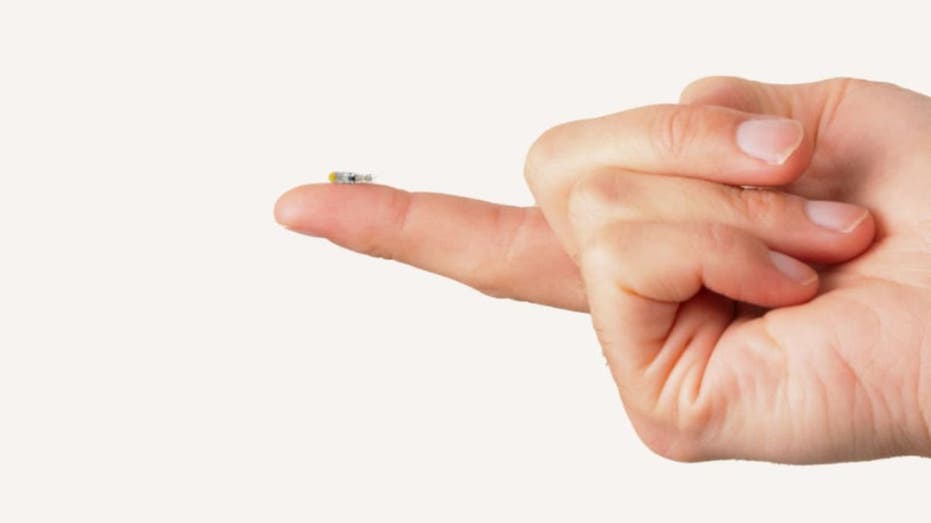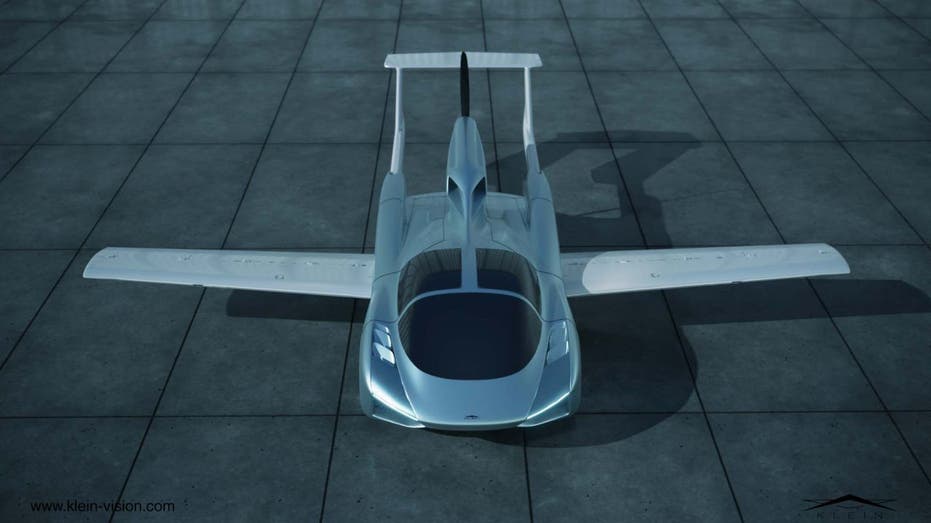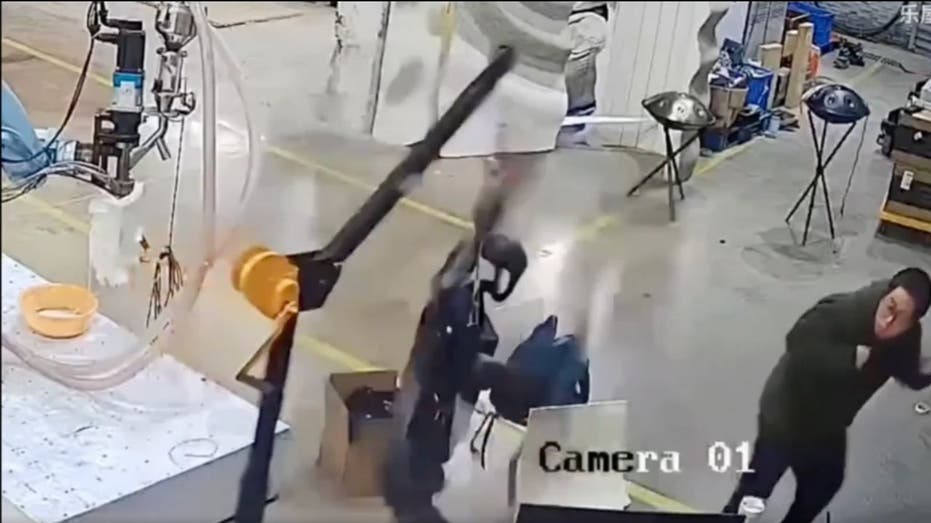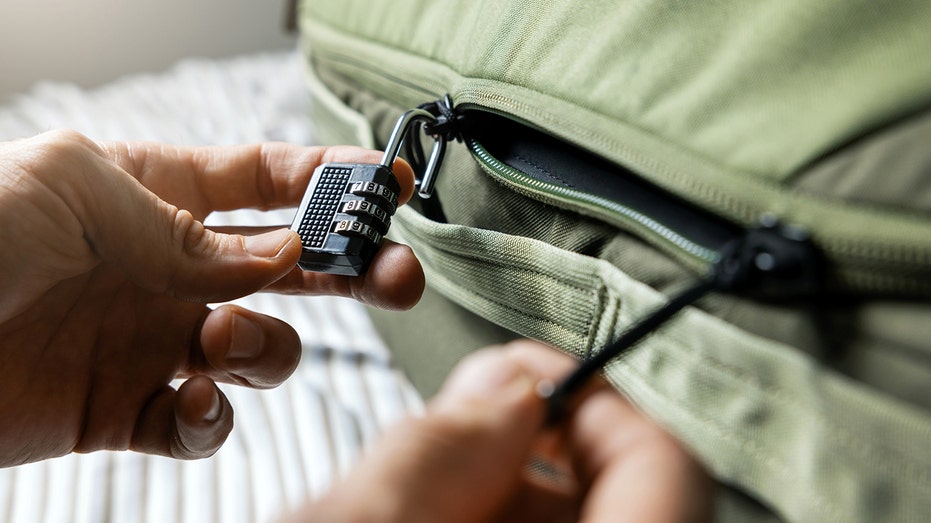- by foxnews
- 04 Jun 2025
Rice-sized robot could make brain surgery safer and less invasive
Robeauté's microrobot, which is the size of a grain of rice, could change the way doctors treat brain tumors and neurological conditions and make procedures safer.
- by foxnews
- 11 May 2025
- in technology

A French startup named Robeauté has just raised about $29 million to develop a truly groundbreaking neurosurgical microrobot.
Imagine a device no bigger than a grain of rice that can carefully navigate the complex and delicate pathways of the brain.
This little robot could change the way doctors treat brain tumors and other neurological conditions, making surgeries safer and more precise than ever before.
Brain surgery is incredibly complex. The tools surgeons use today are often rigid and can only move in straight lines. This limits where they can safely operate. Many tumors or problematic areas in the brain are simply too risky to reach because they lie near regions responsible for critical functions like movement or speech.
In some cases, surgeons have no choice but to leave tumors untreated because the risk of damage is too high. On top of that, many drugs cannot even reach certain parts of the brain because of the blood-brain barrier, leaving patients with limited treatment options.
Inside the robot, there is a small compartment that holds miniature surgical tools. For example, when performing a biopsy, the microrobot uses a flexible needle and tiny forceps to collect tissue samples. These samples can be stored inside the device or pulled back through a cable connected to the robot. Beyond biopsies, the robot can also implant electrodes for conditions like Parkinson's disease or deliver drugs directly to tumors. It even has sensors that send real-time information back to the surgeons, helping them monitor the procedure closely.
What is really impressive is how the robot's path is planned. Using MRI scans combined with artificial intelligence, surgeons can map out safe routes that avoid sensitive brain areas. During surgery, they can adjust the robot's position in real time using ultrasound imaging mounted on the skull, achieving sub-millimeter precision.
So far, the microrobot has been tested in preclinical trials, mainly on sheep, with very promising results. There were no major complications like bleeding, which suggests the device can safely navigate brain tissue. Robeauté plans to begin human clinical trials in 2026, focusing on microbiopsies of brain tumors. They also aim to expand into the U.S. market and seek FDA approval, with hopes of launching internationally by 2030.
The potential impact of this microrobot is huge. It could allow doctors to diagnose brain tumors earlier and treat them more effectively while reducing the risks associated with traditional surgery. Because it is minimally invasive, patients could experience faster recoveries and fewer side effects. Additionally, the ability to collect live data from inside the brain could accelerate research and drug development for neurodegenerative diseases like Alzheimer's and Parkinson's.
Robeauté's microrobot represents an exciting fusion of robotics, artificial intelligence, biology, and medicine. It tackles one of the most difficult challenges in healthcare: how to safely access and treat the brain. While there are still hurdles to overcome, such as regulatory approvals and manufacturing at scale, this tiny device has the potential to turn previously "inoperable" brain tumors into treatable conditions. As one of the company's founders describes it, the microrobot acts like a "brain gardener," delicately tending to damaged tissue from within. With strong funding and a growing portfolio of patents, Robeauté is poised to make a lasting impact on the future of neurosurgery.
Follow Kurt on his social channels
Answers to the most asked CyberGuy questions:
New from Kurt:
Copyright 2025 CyberGuy.com. All rights reserved.
- by foxnews
- descember 09, 2016
Should you lock your luggage when traveling? Why it's a weighty matter
With tightened security, experts are warning of luggage risks like theft and mishandling for travelers. TSA sees 90,000 to 100,000 items left at checkpoints monthly.
read more





